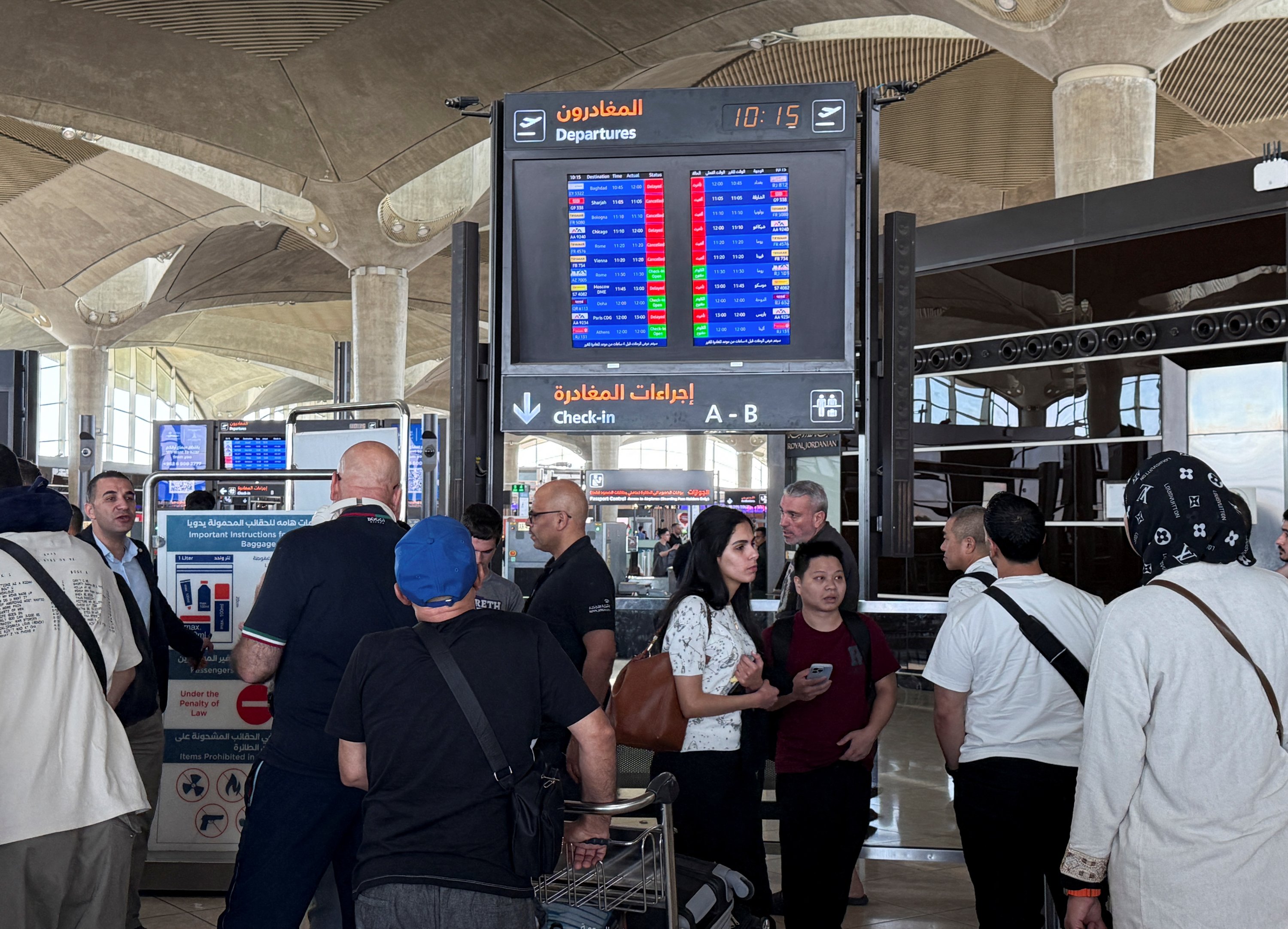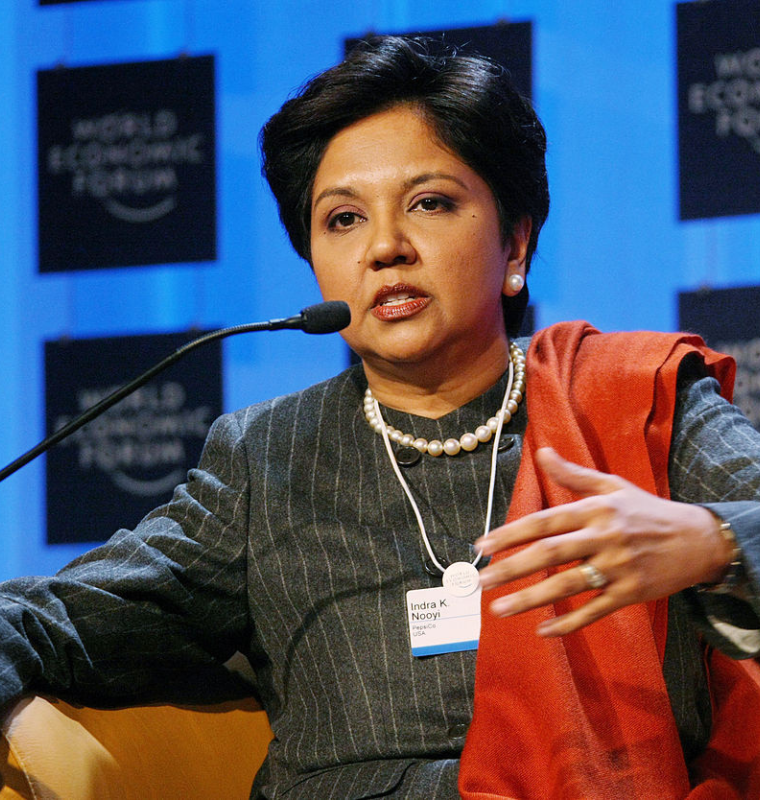Israel Declares Total Control Over Tehran’s Airspace as Middle East Conflict Intensifies
Israel Declares Total Control Over Tehran’s Airspace as Middle East Conflict Intensifies
By
Calder Monroe
Last updated:
June 16, 2025
First Published:
August 3, 2025

Photo: Daily Sabah
Tensions Escalate as Airstrikes Continue into Day 4
The armed conflict between Iran and Israel escalated sharply into its fourth consecutive day, with both nations exchanging heavy fire and airstrikes. Israel’s Defense Forces (IDF) now claim “full aerial superiority” over Tehran, marking a significant tactical milestone amid fears of broader regional destabilization.
Israeli Defense Minister Israel Katz issued a stern warning Monday, stating, “The residents of Tehran will pay the price, and soon.” The statement came shortly after Iran launched a fresh wave of missile attacks on key Israeli cities, including Tel Aviv, Jerusalem, and Haifa — home to one of the country’s main oil refineries.
High-Tech Warfare and Iron Dome Under Pressure
According to a statement from Iran’s Revolutionary Guard obtained by NBC News, Iran deployed “innovative methods” to disrupt Israel’s multi-layered missile defense systems. The tactics were reportedly so effective that parts of Israel’s famed Iron Dome defense network engaged in friendly fire incidents, targeting its own components amidst the confusion.
Despite this, the IDF announced the deployment of at least 50 aircraft in a precision-strike operation over Tehran and asserted air dominance. This move comes as Iran continues to rely on outdated air fleets and has increasingly turned to Russian support for military hardware.
Oil Markets React to Middle East Uncertainty
The sustained conflict has cast a long shadow over global energy markets. As of 1:11 p.m. London time:
- Brent Crude (August Delivery): $73.46 per barrel (-1.04%)
- WTI (July Delivery): $72.14 per barrel (-1.15%)
While prices dipped slightly from prior highs, they remain elevated due to concerns over potential disruption in the Strait of Hormuz — a vital corridor through which 20% of the world’s oil supply flows.
Gold, Stocks, and Safe Havens Show Mixed Signals
In early trading Monday, safe-haven assets like gold showed initial retreat:
- Spot Gold: $3,416.11 per ounce (-0.46%)
- U.S. Gold Futures: $3,433.40 per ounce (-0.56%)
Meanwhile, the Tel Aviv stock exchange reflected cautious optimism:
- TA-35 Index: Up 0.68%
- TA-125 Index: Up 1.44%
European stock markets and U.S. futures also opened in the green, signaling that investors are cautiously betting on a contained escalation — or even a short-lived conflict.
Luis Costa, global head of EM sovereign credit at Citigroup, told CNBC that the markets may be pricing in a swift resolution:
“There’s still a path to de-escalation — potentially through diplomatic pressure or a limited, targeted Israeli campaign.”
On the Ground: Casualties and Urban Impact
As of Monday morning, Israel’s national emergency service, Magen David Adom, reported:
- 4 Israeli fatalities
- 87 injuries
- Rocket strikes across four central locations
- Widespread infrastructure damage, including collapsed buildings and trapped civilians
Iran has been accused by Israeli officials of intentionally targeting civilian zones to obstruct Israel’s counter-offensive operations. In a follow-up social media post, Defense Minister Katz stated that Tehran’s population would “pay the price of dictatorship,” signaling a potential wave of targeted strikes against Iranian military and regime installations within urban centers.
Israeli Retaliation and Strategic Targets
In response, the IDF reported that it carried out a large-scale operation Sunday night against multiple facilities linked to:
- The Quds Force
- Iran’s Revolutionary Guard Corps (IRGC)
- Iranian Military Production Sites
These operations primarily focused on infrastructure believed to be directly involved in missile manufacturing and deployment.
CNBC has reached out to Bazan Group, operator of the Haifa oil refinery, for confirmation on reports of structural damage following Iran’s attacks.
International Focus: The Role of the U.S. and G7
The United States, a key Israeli ally, has come under scrutiny for its next move. The Biden administration recently canceled nuclear negotiations with Iran — a move viewed by many analysts as a strategic pause given the worsening security environment.
Former President Donald Trump, known for his hawkish stance on Tehran, reportedly opposed suggestions from Israeli leadership to assassinate Iran’s Supreme Leader Ayatollah Ali Khamenei, per NBC News.
Global leaders from the G7 — which includes Canada, France, Germany, Italy, Japan, the U.K., and the U.S. — are expected to discuss the Iran-Israel conflict during their ongoing summit. Observers anticipate coordinated diplomatic pressure, though the timeline and form such interventions might take remain uncertain.
Popular articles
Subscribe to unlock premium content
Indra Nooyi’s Strategic Vision at PepsiCo: Balancing Profitability with Purpose

Nike’s Direct-to-Consumer Revolution: How Cutting Retailers Boosted Profits and Control

Spotifys Playlist Power Turning Music Curation Into An Advertising Goldmine

Indra Nooyi’s Strategic Vision at PepsiCo: Balancing Profitability with Purpose

Nike’s Direct-to-Consumer Revolution: How Cutting Retailers Boosted Profits and Control

Indra Nooyi’s Strategic Vision at PepsiCo: Balancing Profitability with Purpose









